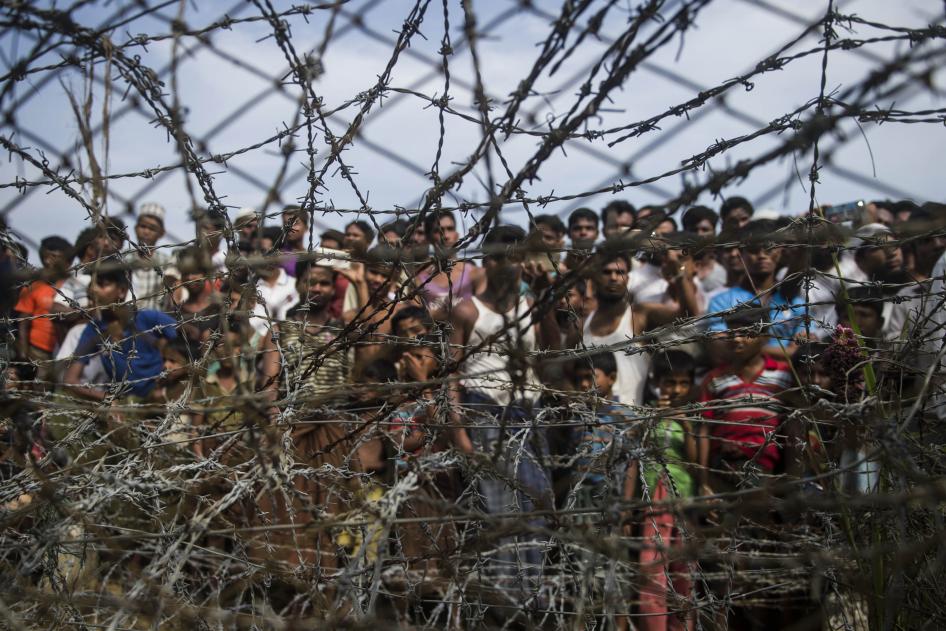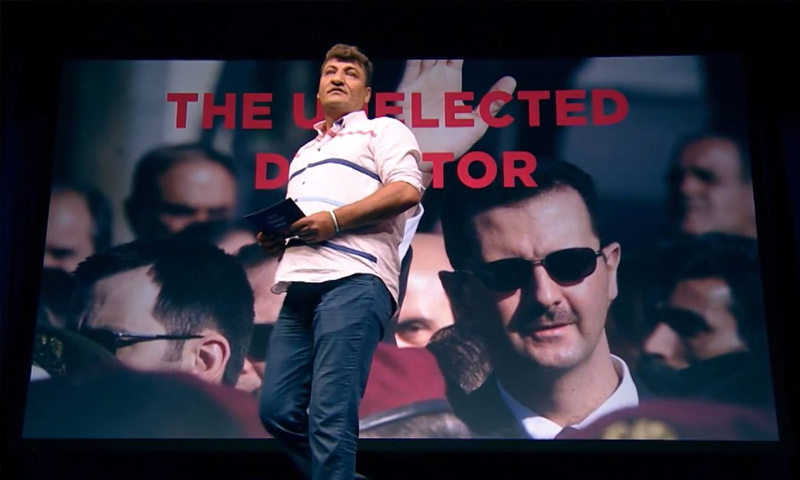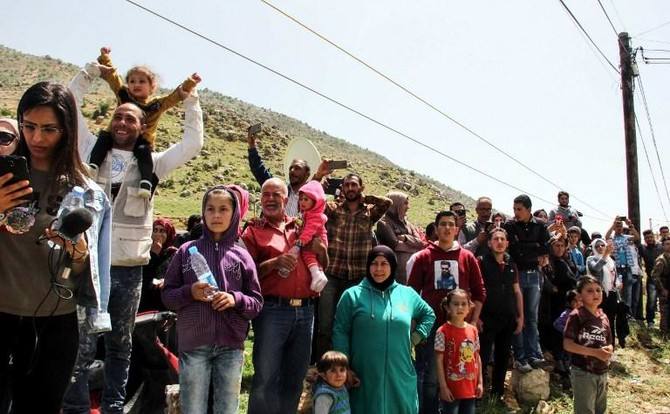Foreword


January 1, 2019
A Farewell to a Dreadful Year
Last night, the Syrian people said good-bye to 2018. It was not a good year at all. In this year, the regime extended its power over the Southern region and the Eastern Ghouta region, which left much of it in rubles and led to the killing of thousands of Syrians and the displacement of dozens of thousands. On February 19, Syrian army forces backed by Russian warplanes escalated the offensive on Eastern Ghouta, killing hundreds of people within days. On February 25, the Syrian army forces launched a ground offensive to retake control of the area. On March 9, fighters from a group excluded in the UN ceasefire resolution were evacuated from Eastern Ghouta to other areas in Syria under opposition control. By April 8, all opposition groups in Eastern Ghouta agreed to evacuate. On April 12, all of Eastern Ghouta was declared under the control of the Syrian army, and Russian military police patrols.


December 24, 2018
Christmas gifts rain on Bashar al-Assad
Christmas gifts are raining on Syria’s dictator Bashar al-Assad from everywhere. The biggest, however, comes from the U.S. President Donald Trump. On Wednesday December 19, President Trump abruptly He announced that he was immediately withdrawing all America’s 2,000 troops from Syria, claiming that he had achieved victory over ISIS. Trump took this decision against the advice of almost all his aides and advisors. The biggest winner of this move is of course Bashar al-Assad, as well as the Russians and the Iranians. In fact, Vladimir Putin in his annual press conference praised Trump for retreating. “On this, Donald is right,” the Russian president said during his year-end news conference in Moscow. “I agree with him.”


December 14, 2018
Atrocities as the New Normal
In the last few years, the US, UK, and France have enabled setbacks by turning their backs on international human rights and their underlying principles. They could, as they sometimes did in the not-so-distant past, return to using their permanent seats on the Security Council to demand action in the face of mass atrocities. Today the US has the clout to put real pressure on Saudi Arabia regarding Yemen. The UK could mobilize the world on behalf of justice for the Rohingya. France can use its leverage to ensure that autocrats in the Democratic Republic of Congo or Cameroon are accountable. Their citizens can demand it. Still, it would be foolish to rely on these countries only. Other largely rights-respecting democracies, like the Netherlands, Liechtenstein, or Canada, have shown leadership to demand accountability for Syria or Yemen. More should join them, including emerging powers such as India or South Africa who seek a place on the world stage without articulating a positive vision on human rights. Altogether, these countries could confront Russia for the Syrian bloodbath or China for detaining an estimated one million Uighurs in “political education” camps in Xinjiang.


December 5, 2018
There is no Nelson Mandela in Syria and it may take generations before one can talk about normalization in Syria: Nikolaos Van Dam
I first met Dr. Nikolaos van Dam in Damascus years before the revolution. He totally fascinated me with his deep knowledge and mild nature. I later saw him in Istanbul in 2016. He was the Special Envoy for Syria and he got only more elegant and knowledgeable in his area of knowledge. Not many people can be both academic and active but Van Dam is. Retired now, Van Dam has more time to contemplate on Syria and to see where things went wrong in the Syrian revolution. His latest book Destroying a Nation: The Civil War in Syria (also in Arabic (2018): تدمير وطن: الحرب الاهلية في سوريا) is maybe the most comprehensive and objective report on Syria. He explains the recent history of Syria, covering the growing disenchantment with the Assad regime, the chaos of civil war and the fractures which led to the rise and expansion of ISIS. Through an in-depth examination of the role of sectarian, regional and tribal loyalties in Syria, van Dam traces political developments within the Assad regime and the military and civilian power elite from the Arab Spring to the present day.


November 24, 2018
They killed Raed: Black Friday
Nothing after Friday, November 23 will be the same. Black Friday. The black crows have decided that they cannot take Raed Fares any longer. He is too much for them. Like any tyranny, Al-Nusra Front hates the truth, abhors light, and fear fresh air. Raed Fares, the founder and manager of radio Fresh, and the creative mind behind the famous banners of Kafrenbel represents all three: truth, light and fresh air. He had to die. With him was the slim, for ever smiling Hammoud al-Junaid. Whenever first respondents and photographers and reports rush to document an explosive barrel that fell or a missile that removed a school or a mosque, they would find Hammoud before them. He had finished taking photos and is helping people out.


October 31, 2018
No legitimacy for perpetrators
Pro-Justice launched in early October a campaign entitled "The Black List", which aims to shed light on war criminals in for the international community Syria by publishing files of each criminal with information about him, alongside information about the crimes they committed or oversaw. The campaign has been running both in Arabic and English. Recently, it has published portfolios of the major perpetrators who killed the Syrians and committed major human rights violations. The campaign seeks to identify more than 70 security and political figures involved in committing violations against the Syrian people, in preparation for accountability, and to ensure that they do not escape impunity.


October 1, 2018
Together, we can make a difference
The Syrian civil society is full with organizations that works on human rights and transitional justice. Is there a need for an additional group? We believe that all the civil society organizations that work on documentation, filing cases, and advocacy are doing a great job. But we also believe that Pro-justice will add some value added to the scene. There is a general conviction that the regime has achieved victory over the Syrian people. Wrong! The regime has definitely achieved military victories over besieged civilians who had been suffering hunger and illness. However, it could do that only after it gave up Syria’s sovereignty to the Russians and the Iranians. Assad now how become a puppet in the hands of his masters. The regime’s victory also came after the world had resigned from its responsibility towards the Syrian people. Now, there is a chance that a solution is imposed on the Syrian people against their will, a solution that may overthrow the Syrians’ effort to achieve justice and to hold culprit accountable for their crimes.


August 20, 2018
Syrian refugees cannot be forcibly returned
Recently, there have been indications of the possibility of returning Syrian refugees from some neighboring countries, particularly Lebanon, and to a certain extent Jordan and Turkey, regardless of the refugees' consent to return voluntarily.
